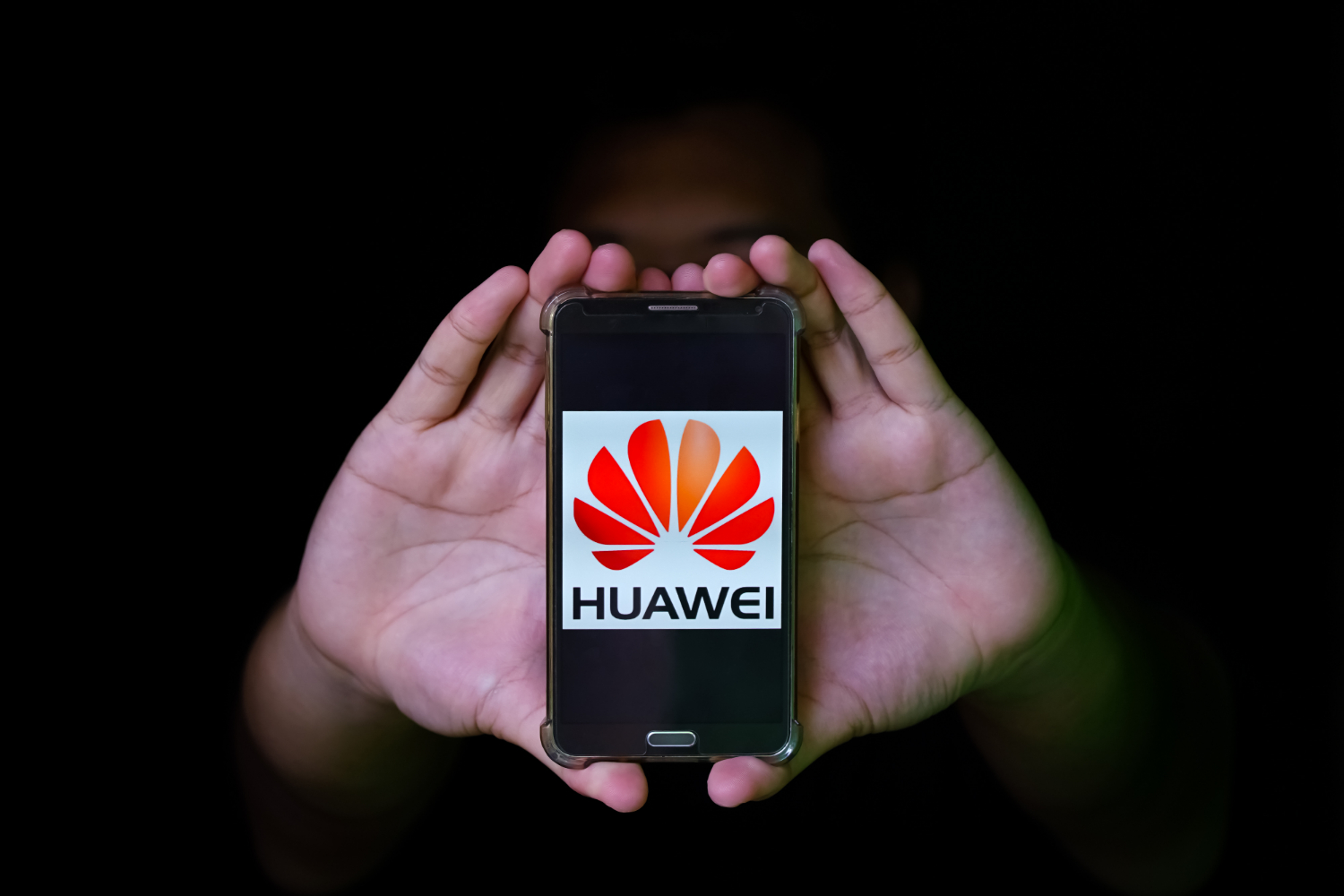Huawei's OS Could Debut in Q3
It turns out that being put on a U.S. Department of Commerce blacklist has a way of forcing a company's hands. Case in point: Huawei could reportedly introduce a new operating system (OS) because it's being cut off from core aspects of the Android and Windows platforms on which it previously relied. Numerous reports have claimed Huawei plans to make the switch soon, and the latest reportedly came from Chinese newspaper Global Times, which said it could debut in 3Q19.
Huawei reportedly started working on its own platform in 2012. The company's been hesitant to release it, however, because its customers have grown accustomed to Android and Windows. (And because more people than ever actually care about the OS their devices run, of course.) Yet the company's addition to the Entity List in May--which makes it difficult for it to work with U.S. businesses--haven't left it with very many options.
Global Times said that Huawei is likely to call its platform "HongWeng OS" in China and "Oak OS" elsewhere. Citing numerous unidentified sources familiar with Huawei's plans, the report claimed that Huawei might introduce the platform as early as August or September and that the company has already "filed several applications with the European Union Intellectual Property Office (EUIPO) for trademarks for the OS and other software."
Other reports have claimed that Huawei's new OS--at least the one meant for the company's phones--could debut even sooner than this fall. Despite the company repeatedly saying that it didn't want to switch from its current OSes, TechRadar reported on May 28 that Huawei's platform could debut as early as June, per Huawei Enterprise Business Group Middle East managing director and vice president Alaa Elshimy.
Huawei itself reportedly CNBC that it could introduce the new OS in China by the end of 2019 and then expand to the rest of the world by the first half of 2020. The discrepancy between these reports could result from internal miscommunications about the company's plans; it could also be part of Huawei's attempts to convince the U.S. government that cutting off its access to U.S. platforms would be a mistake.
The company reportedly found in ally in those efforts via Google, which reportedly told the U.S. government that allowing Huawei to introduce its own operating system could be a national security risk. (Google likely wants to make sure Android doesn't lose a massive hardware partner, of course, but it's at least cloaking that self-interest in a facade of concern.) We don't yet know how the federal government responded.
So will Huawei introduce an OS this month, or in August, or sometime in 2020? We don't know. It's also possible that Huawei's simply hoping the U.S. and China will resolve their differences so it can keep using Android and Windows. But these leaks make it clear that the company--or at least a fair number of its workers--really want the rest of the world to know that it's ready to drop U.S. platforms if it absolutely necessary.
Get Tom's Hardware's best news and in-depth reviews, straight to your inbox.

Nathaniel Mott is a freelance news and features writer for Tom's Hardware US, covering breaking news, security, and the silliest aspects of the tech industry.
